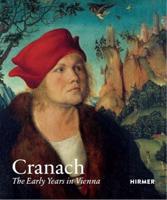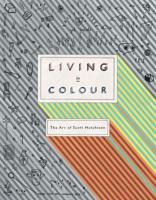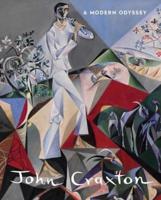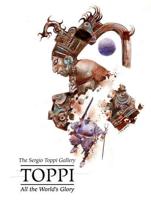Publisher's Synopsis
This monograph uses a thematic and chronologial approach to explore the many facets of Anselm Kiefer's work. By examining his influences, style and recurring motifs, Daniel Arasse highlights Kiefer's rich culture and his philosophical and artistic practice, while demonstrating the unity and continuity in his work that transcends any linear concept of time.;Arasse takes as his starting point the 1980 Venice Biennale, a key moment in the artist's career, as it marked the birth of both his international reputation and the controversy over the "Germanness" of his work. Through the six main chapters, the author delves into the central themes of Kiefer's paintings and their evolution. Nordic and Germanic mythologies, Jewish mysticism, the cosmos, the legends of the ancient world, links between heaven and earth, men and the gods, transmutation, the role of the human body - all of these lie at the heart of Kiefer's thought. Interspersed with the main discussion are five sub-chapters that shed a new light on the fabric and subject of Kiefer's art by examining his favourite motifs and the ways that they have mutated through time and thematic shifts.










